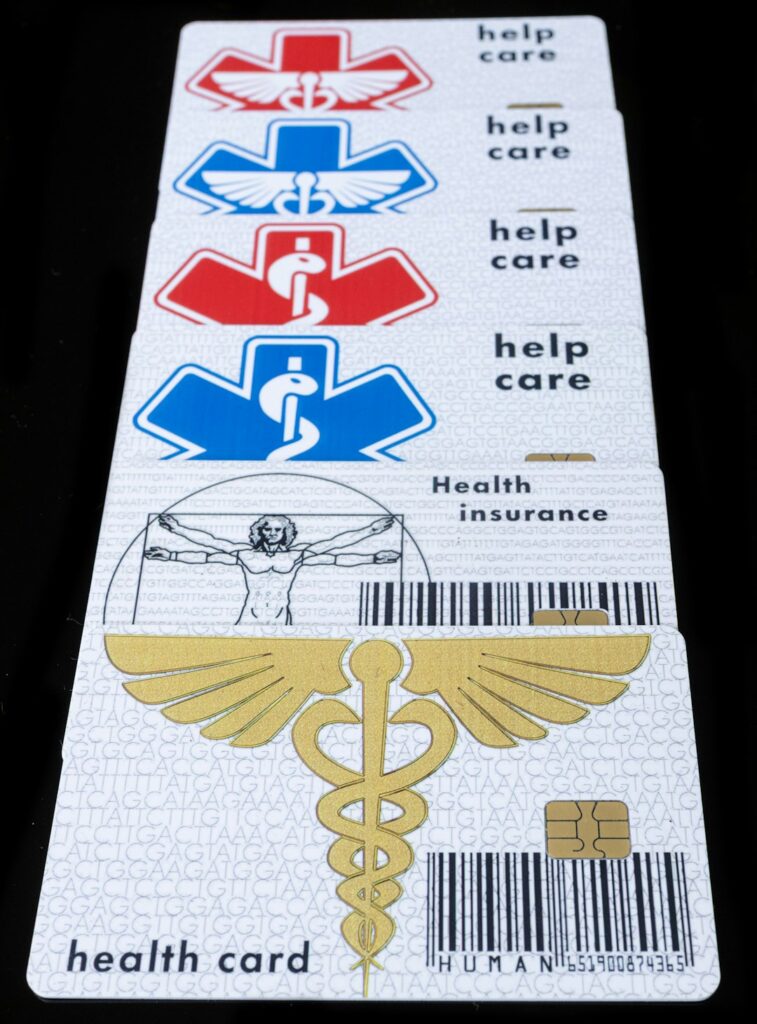AI Healthcare Applications: Transforming the Future of Medicine
Artificial Intelligence (AI) is revolutionizing various industries, and healthcare is no exception. AI healthcare applications are pivotal in enhancing patient outcomes, improving the efficiency of medical practices, and streamlining administrative processes. This article explores the key applications of AI in healthcare, its benefits, challenges, and future prospects.
Key AI Healthcare Applications
1. Diagnostics and Imaging
One of the most significant AI healthcare applications lies in diagnostics and medical imaging. Machine learning algorithms can analyze medical images, such as X-rays, MRIs, and CT scans, with remarkable accuracy. These tools assist radiologists by highlighting abnormal areas, potentially leading to earlier detection of diseases like cancer.
- AI algorithms can reduce human error in readings.
- They can identify patterns that might be overlooked by the human eye.
- Some AI applications provide predictive analysis to forecast the progression of diseases.
2. Personalized Medicine
Personalized medicine is another area where AI healthcare applications stand out. By analyzing genetic information and patient data, AI can help healthcare providers tailor treatments to individual patients. This personalized approach can increase the effectiveness of treatments and reduce adverse effects.
- Identifying specific genetic markers that predict response to drugs.
- Optimizing drug dosages based on individual metabolism.
- Creating personalized treatment plans that consider the patient’s medical history.
Benefits of AI in Healthcare
Enhanced Efficiency
AI applications in healthcare automate routine tasks, allowing healthcare professionals to focus on patient care rather than administrative duties. This increase in efficiency results in shorter wait times for patients and a more streamlined workflow within healthcare facilities.
Improved Patient Outcomes
AI healthcare applications improve patient outcomes by providing data-driven insights that lead to better clinical decisions. For example, predictive analytics can anticipate patient deterioration, enabling preventive measures, thus enhancing overall care quality.
Challenges in Implementing AI in Healthcare
Data Privacy and Security
Despite the promise of AI, data privacy and security remain significant concerns. Medical data is highly sensitive, and breaches can have serious repercussions. Ensuring that AI systems comply with regulations like HIPAA is essential for protecting patient information.
Integration with Existing Systems
Integrating AI technologies with existing healthcare systems can be challenging. Many hospitals still rely on legacy systems that may not be compatible with new AI applications, creating a barrier to implementation. A comprehensive strategy for integration is essential to maximize the benefits of AI.
Future Prospects of AI Healthcare Applications
As technology evolves, the future of AI healthcare applications looks promising. Continuous advancements in machine learning, natural language processing, and data analytics are likely to enhance the capabilities of AI systems, leading to more sophisticated applications.
Expanding Applications
Future AI applications may expand beyond diagnostics and treatment personalization to include areas such as mental health monitoring, telemedicine, and patient engagement tools. These innovations have the potential to transform the patient experience significantly.
Collaboration with Healthcare Professionals
For AI tools to be effective, collaboration between technology developers and healthcare professionals is vital. Ongoing dialogue will ensure that AI applications meet the practical needs of healthcare providers while adhering to ethical standards.
Conclusion
AI healthcare applications represent a significant advancement in the medical field, offering transformative benefits that enhance patient care and operational efficiency. While challenges exist, the potential for AI to improve healthcare outcomes is immense. As we continue to integrate these technologies into medical practices, the future of healthcare looks brighter, more personalized, and undoubtedly more efficient.
Improving Diagnosis with AI Healthcare Applications
One of the most promising aspects of AI healthcare applications is their ability to improve diagnostic accuracy. Traditional diagnostic methods can sometimes lead to errors due to human oversight or limitations in testing technologies. However, AI algorithms can analyze vast amounts of medical data, including lab results and imaging studies, to identify patterns that may be overlooked by human professionals. This ability can lead to earlier detection of diseases like cancer, allowing for timely interventions that can significantly improve patient outcomes.
Enhancing Personalized Treatment Plans
Another critical development in the realm of AI healthcare applications is their capacity to create personalized treatment plans tailored to individual patients. By analyzing genetic information, medical histories, and lifestyle factors, AI systems can suggest treatment options that are more likely to succeed for specific individuals. This personalized approach not only improves the effectiveness of treatments but also reduces the time and resources spent on trial-and-error approaches. Ultimately, AI facilitates a shift from a one-size-fits-all model to one that considers the unique needs of each patient.
Streamlining Administrative Tasks
AI healthcare applications also play a significant role in streamlining administrative tasks within healthcare facilities. From scheduling appointments to managing patient records, these technologies can automate routine processes, reducing the burden on healthcare staff. By alleviating administrative workloads, AI allows healthcare professionals to focus more on patient care, enhancing the overall efficiency of healthcare delivery systems. This increased efficiency can lead to better patient satisfaction as wait times are reduced and the quality of service improves.
Predicting Healthcare Trends
In addition to improving patient care, AI healthcare applications can analyze data to forecast healthcare trends and patient needs. For instance, machine learning algorithms can track outbreak patterns, enabling healthcare facilities to prepare and respond more effectively to public health crises. This proactive approach means that healthcare systems can adapt quickly to emerging challenges, ultimately benefiting both healthcare providers and patients. As technology continues to evolve, the integration of AI into healthcare systems is set to reshape the landscape of medical practice for the better.


